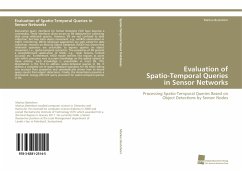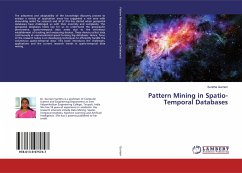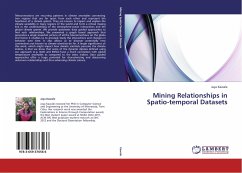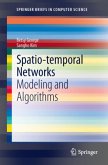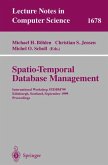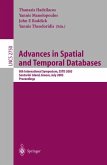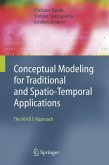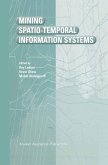Declarative query interfaces for Sensor Networks (SN) have become a commodity. These interfaces allow access to SN deployed for collecting data using relational queries. However, SN are not confined to data collection, but may track object movement, e.g., wildlife observation or traffic monitoring. While relational approaches are well suited for data collection, research on Moving Object Databases (MOD) has shown that relational operators are unsuitable to express queries on object movement, i.e., spatio-temporal semantics. The properties of SN prevent a straightforward application of MOD, e.g., node failures, limited accuracy etc. Furthermore, MOD model entities like regions as point sets which presumes very accurate knowledge on the spatial extend of these entities. Such knowledge is unavailable in most SN. This dissertation is the first to address spatio-temporal queries in SN. It defines a complete set of spatio-temporal operators for SN while taking into account their properties and systematically shows how to derive query results from object detections. Finally, the dissertation presents a distributed, energy-efficient query processor for spatio-temporal queries in SN.
Bitte wählen Sie Ihr Anliegen aus.
Rechnungen
Retourenschein anfordern
Bestellstatus
Storno

